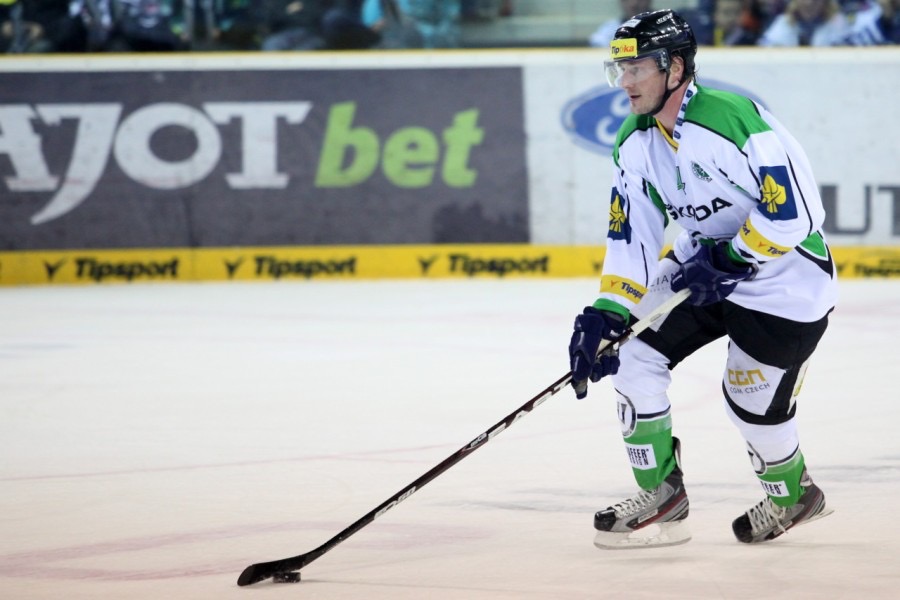From Rink to Ramen: The Wildest Parts of Playing Pro Hockey Overseas
Nov 01, 2025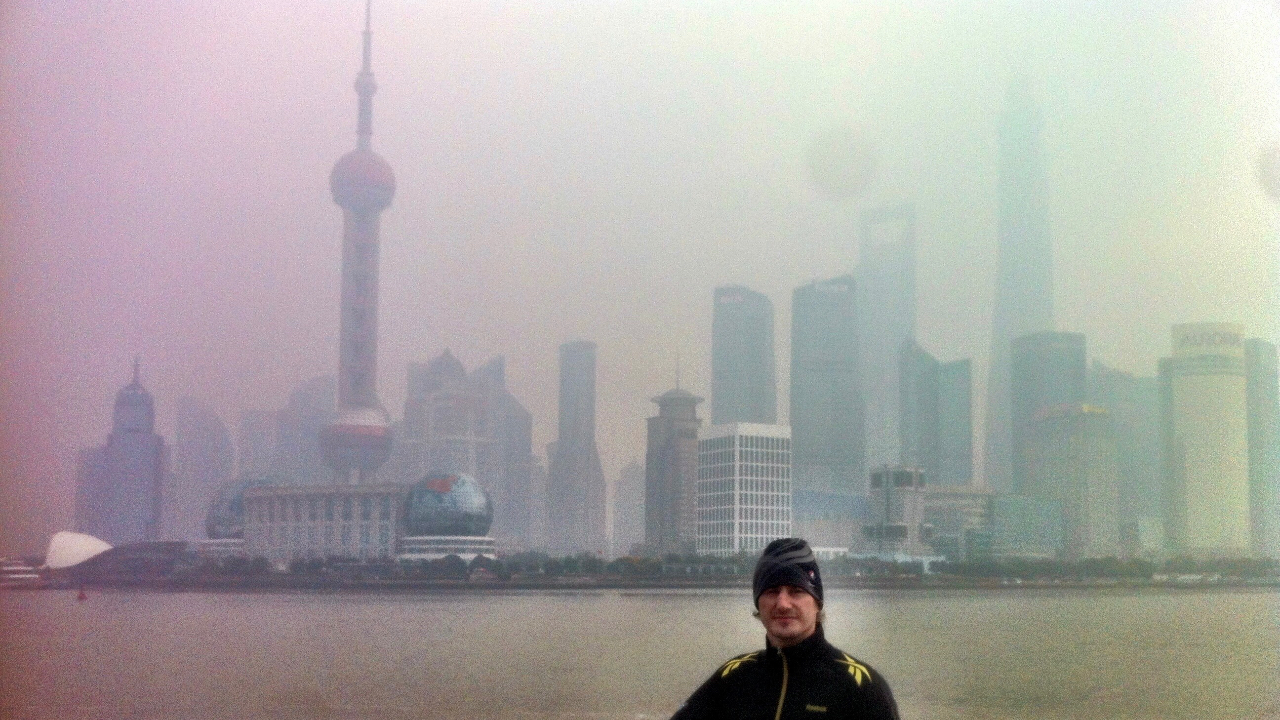
Professional hockey takes you places—sometimes to the NHL, sometimes to a small town in Eastern Europe where your pre-game meal is a mystery meat stew, and your post-game meal is the finest cup of instant ramen you can find at the corner shop. Playing overseas isn’t just about adapting to a new team; it’s about embracing an entirely different world, one where hockey, culture, and culinary adventures collide in the most unexpected ways.
People always assumed playing overseas was like a vacation—like those two-week summer trips where you see the sights, check off bucket-list experiences, and snap a few pictures before heading home. But being in a place for eight months is a completely different reality. You're not a tourist; you're a resident. The time between trips home can be exciting or incredibly lonely, depending on factors like the quality of the team, the number of English-speaking imports, the size and culture of the town, whether you actually got paid on time, your living conditions, and—maybe most importantly—the quality of your internet connection.
I had the opportunity to play in Germany, Norway, Czech Republic, Italy, Japan, and England, and each stop came with its own unique experiences, challenges, and unforgettable moments.
Culture Shock at the Rink

If you think hockey culture is the same everywhere, think again. From pre-game meals that would make a nutritionist cry to coaching styles that range from genius to straight-up chaos, stepping into a foreign locker room is like entering a different universe.
-
Pre-game surprises – How about fish soup at 10 a.m.? Depending on where you land, nutrition takes on a whole new meaning. Or even better—showing up in a full suit while every other guy is in sweats. Missed that memo.
-
Coaching philosophies – Some countries embrace an ultra-structured, systems-based approach. Others? Let’s just say their coaching style is closer to motivational screaming mixed with interpretive dance. Once had four different head coaches in one season. We didn’t win much there.
-
Team traditions – From post-win sauna sessions to beer nights sanctioned by management, overseas teams have their own unique ways of bonding. Post-game beers at the Bahnhof (train station bar) became a standard tradition in Germany.
The Anxiety of Leaving & The First-Day Shock
Leaving Kamloops while everyone was out on the lake, wakeboarding, waterskiing, and cliff jumping off Copper Island—sipping Kokanees and nursing sunburns into fun—while I was heading into two-a-days in the August heat was a hard pill to swallow.
Jumping on the plane knowing you weren’t going to be back for eight months messed with your head. It was like taking a step without knowing what was on the other side. My first time leaving for Europe at 25, I wasn’t ready for it. Sitting on the airplane, staring out the window, I kept asking myself, What the hell am I doing?
Then I got there. And training camp hit like a freight train. The amount of running we had to do in Germany nearly broke me. 5km runs before morning skates. My legs weren’t ready for it. I remember thinking, WTF am I doing here? I didn’t come here to run. Can we just play hockey already?
Driving & Surviving in a Foreign Country

I had to drive in Germany, and my team-issued Ford Focus on the Autobahn was an adventure in itself. That thing cooked—but not nearly as fast as the high-end BMWs, Audis, and Porsches that flew by me like I was standing still.
Driving on the wrong side of the road in Japan and the UK was an experience, especially when muscle memory took over and I instinctively pulled onto the wrong side of the road—only to see oncoming traffic heading straight for me.
Asking what the speed limit was in Germany, only to have my teammate casually reply, There isn’t one, was equal parts terrifying and exhilarating.
Flying into Schiphol or Frankfurt before connecting to my next destination became second nature, but leaving the Czech Republic one time nearly ended me. My paperwork hadn’t been completed properly, and the customs officer wasn’t amused when he saw the dates on my visa. That was the scariest time I ever had at an airport.
And yes, I’m still owed money in the Czech Republic. Some clubs are reputable, but some are run by guys who could probably sell you a stolen car and convince you it was a great deal. Unfortunately, a few bad actors give entire leagues a bad reputation.
Fan Culture & Game Atmosphere
If you think NHL fans are intense, wait until you experience hockey in places where the crowd energy rivals a European soccer match. The way fans support their teams, celebrate wins, and react to losses varies wildly across the world.
-
Chanting & songs – Some teams have full orchestra sections in the stands, belting out team anthems mid-game.
-
Post-game traditions – In some leagues, you’re expected to skate back onto the ice and salute the fans (win or lose).
-
Security escorts – If you’ve ever played in certain European or Asian leagues, you might’ve been escorted off the ice by riot police after an intense game. (Yes, really.)
The Evolution of Technology & Staying Connected
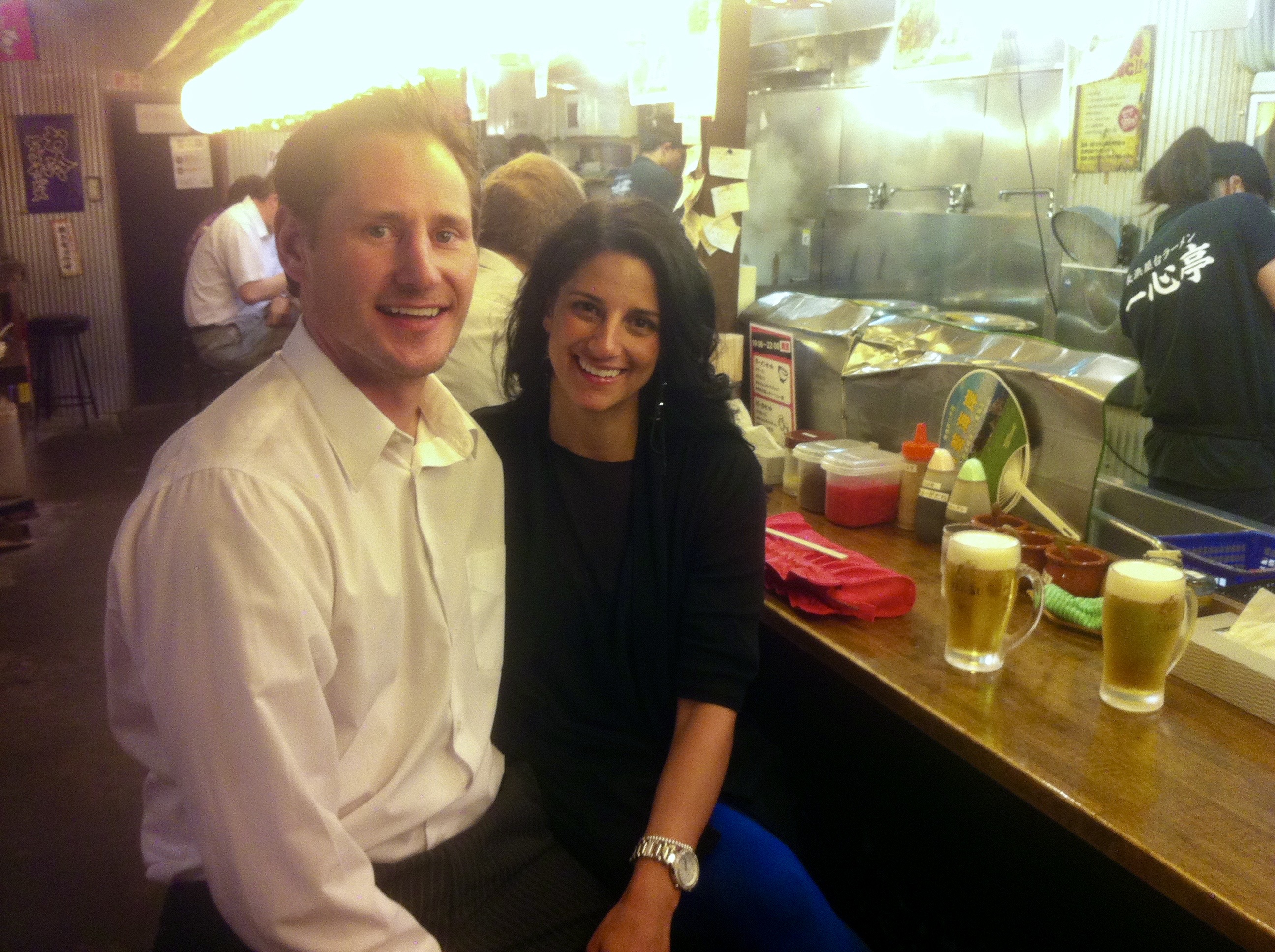
The first time I went overseas, I carried a bag of books and an external webcam to navigate MSN Messenger. Then came Skype, and finally the game-changer of iMessage and FaceTime. Technology evolved, making home feel less far away and keeping in touch with family and friends just a text away.
Social media has also completely changed the game. I love seeing old teammates get married to the girl they were dating when we played together, welcome kids, or even become head coaches of teams we once played for. It’s amazing to be able to stay connected and share philosophies, drills, and hockey knowledge across the world.
The More You Go, The Harder It Is to Leave
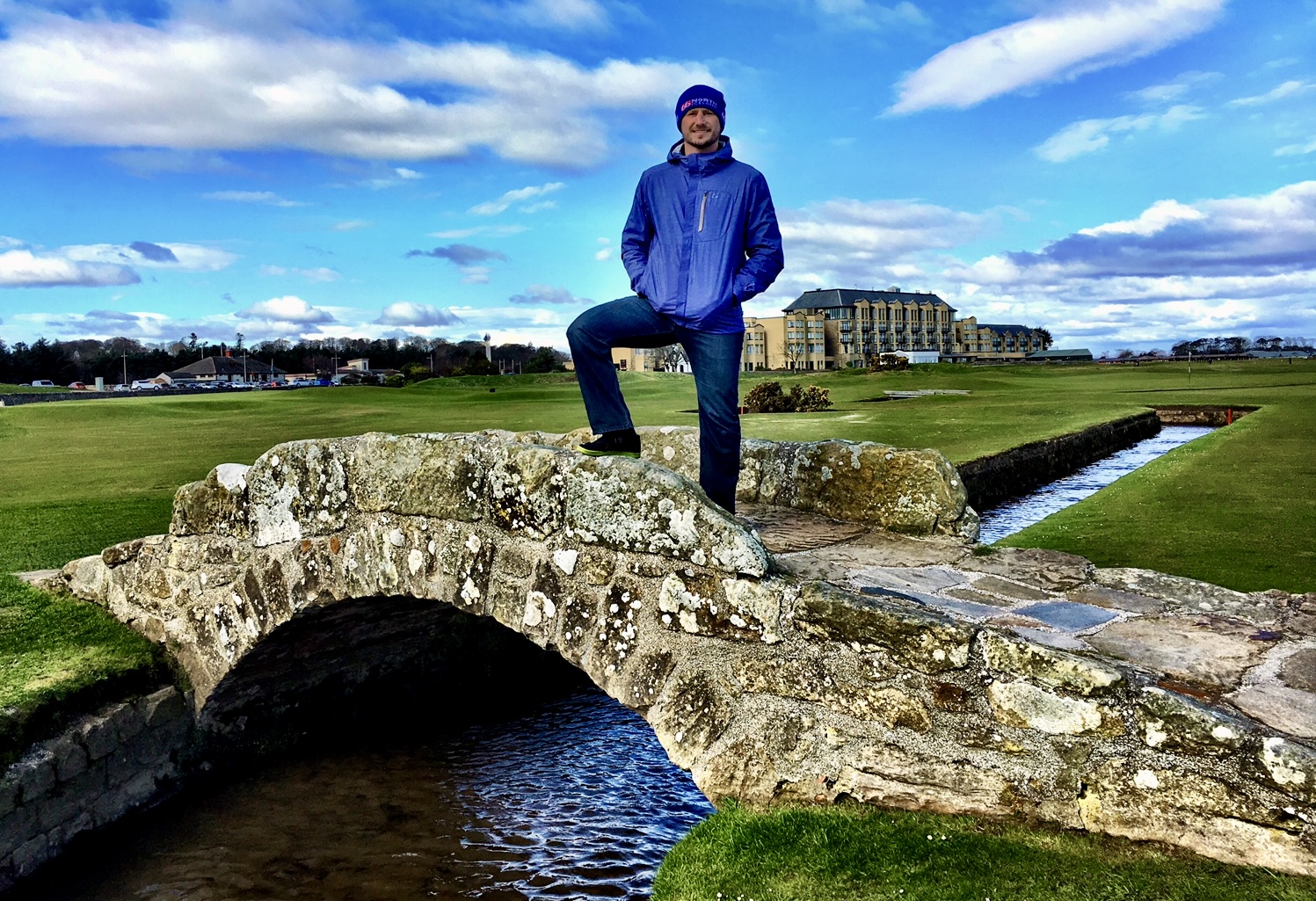
Experiencing Oktoberfest in Munich, getting lost in Oslo, walking over the St. Charles Bridge in Prague, sipping espresso high atop the Dolomite Mountains, chasing the neon lights in Tokyo, and seeing where royalty resides at Buckingham Palace in London—hockey was the conduit that allowed me to see the world. It gave me the chance to take root in many different cultures, become educated in how the world works beyond North America, and left me with a love affair for international travel and the incredible connectivity the game has brought into my life.
After the first time, you realize that home is still there when you get back. The more you go, the more relationships you build, and suddenly it’s harder to leave at the end of the season. Hockey takes you places, but it’s the people and the experiences that make it unforgettable.
Hockey: The Ultimate Passport
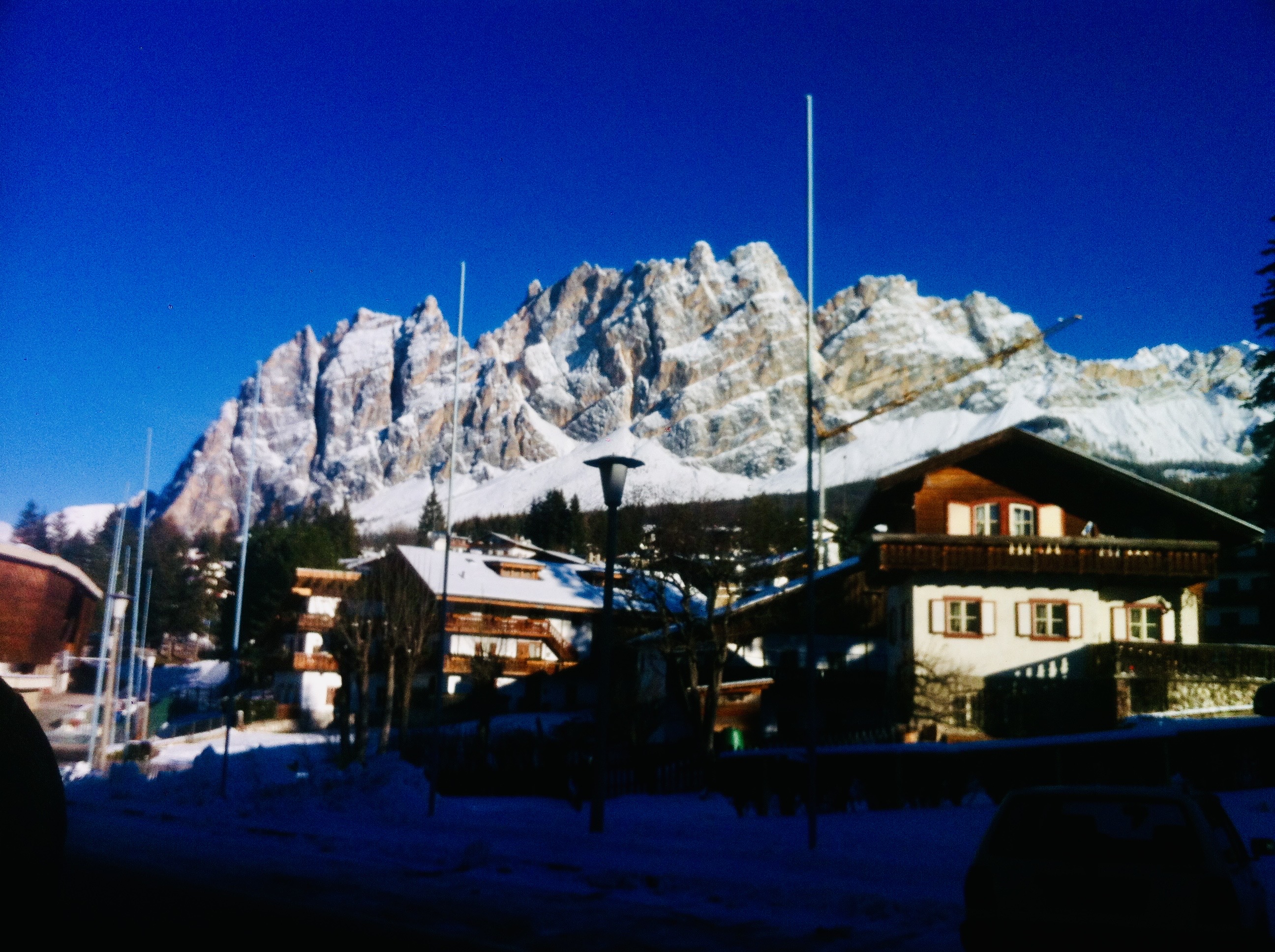
Playing pro hockey overseas is equal parts adventure, survival, and career growth. It’s where you learn how to adapt, how to communicate without words, and how to appreciate the simple things—like a hot bowl of ramen after a long road trip.
For all the chaos, culture shock, and unexpected experiences, there’s one thing that’s guaranteed: you’ll leave with incredible stories, lifelong friendships, and a new appreciation for the global hockey community.🏒
About the Author
Darrell has burned through two passports, five embassies, and 32 passport stamps, all in pursuit of the game he loves. He’s logged 77,400 air miles (which is basically like circling the Earth three times), consumed 86 jars of imported Skippy peanut butter, and has butchered more foreign swear words than he can count in his travels abroad. He’s driven on the wrong side of the road more than once, missed a flight home and wandered around Heathrow Airport all night until his rescheduled flight the next morning—FYI, Heathrow is roughly the size of a small Alberta town, and is still owed roughly $25K in missed paychecks (if you’re reading this and still owe him money… pay up). Through it all, hockey has taken him across six countries, countless unforgettable road trips, and some of the strangest team meals imaginable. From post-game ramen in Japan to espresso-fueled hockey in Italy, the game has been his passport to adventure, lifelong friendships, and a few near-death experiences on European highways.



